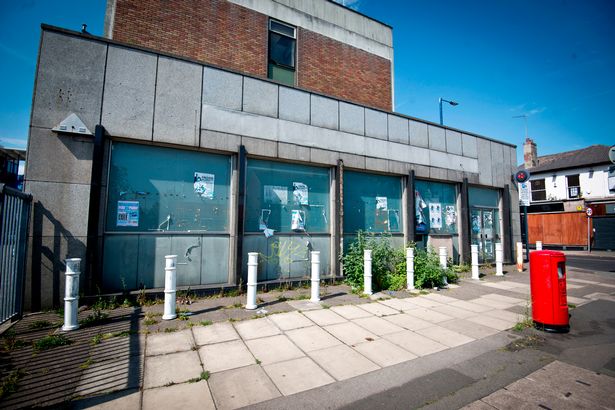It’s all too easy to let the lock-down put a damper on things – so many things we can’t do. Restrictions put on us to protect us and our loved one, and front line services from being overloaded – but for business, it’s also like a work prevention order.
There is the immediate need to be responsive and ensure that people can work and deliver wherever possible – remote working, ensuring the correct response is applied to keep workers safe, and of course, adhering to the government guidelines and new rules.
However, during this time we also have to remember three things:
- at some point this will be over – and anything we don’t do now will have to be done anyway when things return to ‘normal’ (whatever that is, and it is likely to be phased)
- spare capacity now should not be wasted – where we have spare capacity and down-time we could be using this do things we don’t normally have the resource or capacity to do in ‘normal’ times or accelerate the existing plans
- the transition back to ‘normal’ will be chaotic too – so planning as much as we can to what the new ‘normal’ is going to be is important
Step-up – Don’t Put Things Off
Without a doubt, some people have never worked so hard – and they still are. Supporting the front line, or supporting their businesses survive this unprecedented transition to lock-down. There are times when you just want to put your feet up and relax. And that’s important.
Some people and businesses have also not had are so lucky, furloughed, revenues disappeared over-night and unable to see a way out in lock-down. Keeping a routine and a focus is hard – where there is little to do and nowhere to go.
And of course, both groups could also be impacted on a personal level by the impact of COVID19 on family, friends and colleagues – or just the personal challenge of being home with a family of all ages.
Whatever the circumstance, whenever possible we need to focus on the future – because one thing is certain – tomorrow is coming. Lock-down will end and things will return to some new form of ‘normal’. The other side will be full of relief (maybe sadness and grief) but it is coming and thinking about that, and what we could be doing in lock-down to prepare for it is important to how we cope when lock-down ends.
– Business and personal finances are critical – understanding what they might look like, frightening as this is will enable a clear plan to be formed.
– Keep To Plans – if you planned to do something don’t put it off unless it makes no sense. From doing decorating, doing a training course, replacing an entire business system. If you planned it – do it!
What you put of now, you’ll have to do when this is over – do it now!
Step-up – Use The Spare Capacity
People are working differently. The commute time has gone, for many, the work has gone – what has also gone is the social time. For some people are just not as busy as before – but they are still working. It’s important not to be busy doing nothing – do something.
There is lots of spare capacity in business now – there are also lots of opportunities for businesses to be flexible. More opportunity to change and train people.
Don’t waste the spare capacity – productivity is crucial right now. From a business with more opportunity to change and adapt with a new website, upgraded platforms, training staff – focus on what you can’t do when we return to ‘normal’.
If you have personal spare capacity then focus on up-skilling, doing those jobs around the home you never have time for, get ready for the new ‘normal’ because it will be more competitive than ever!
What you don’t do now, you might not get the chance to do it again – do it now!
Step-up – The new ‘normal’ is coming and it’s an opportunity
The lock-down has proved that where businesses don’t need direct contact with customers – people can work from home. For those that need direct contact it’s proved either they have risen to the challenge with excellent digital engagement, or their business brand and technology wasn’t good enough.
But the new ‘normal’ is coming – people who have worked successfully from home might want to stay that way, or at the very least have increased flexibility. How will your business cope with this?
If your business has succeeded in coming out the other side relatively unscathed how and why did you achieve this? If you weren’t so fortunate what will you do better next time, and how will you operate in the new order to generate the market share you gave up during this crisis?
The transition to the lock-down was chaotic – the speed at which it arrived caught many by surprise. Who had pandemic and lock-down on the top of the risk register?
As a business and personally, the transition back does not need to be so crazy provide thought is applied. How will office space work? Are we expecting everyone back in the retail space on day one? What is demand going to look like? How do we support people who are still vulnerable and their families?
Think about the new ‘normal’ and what steps you need to take for you personally and your business – do it now!





